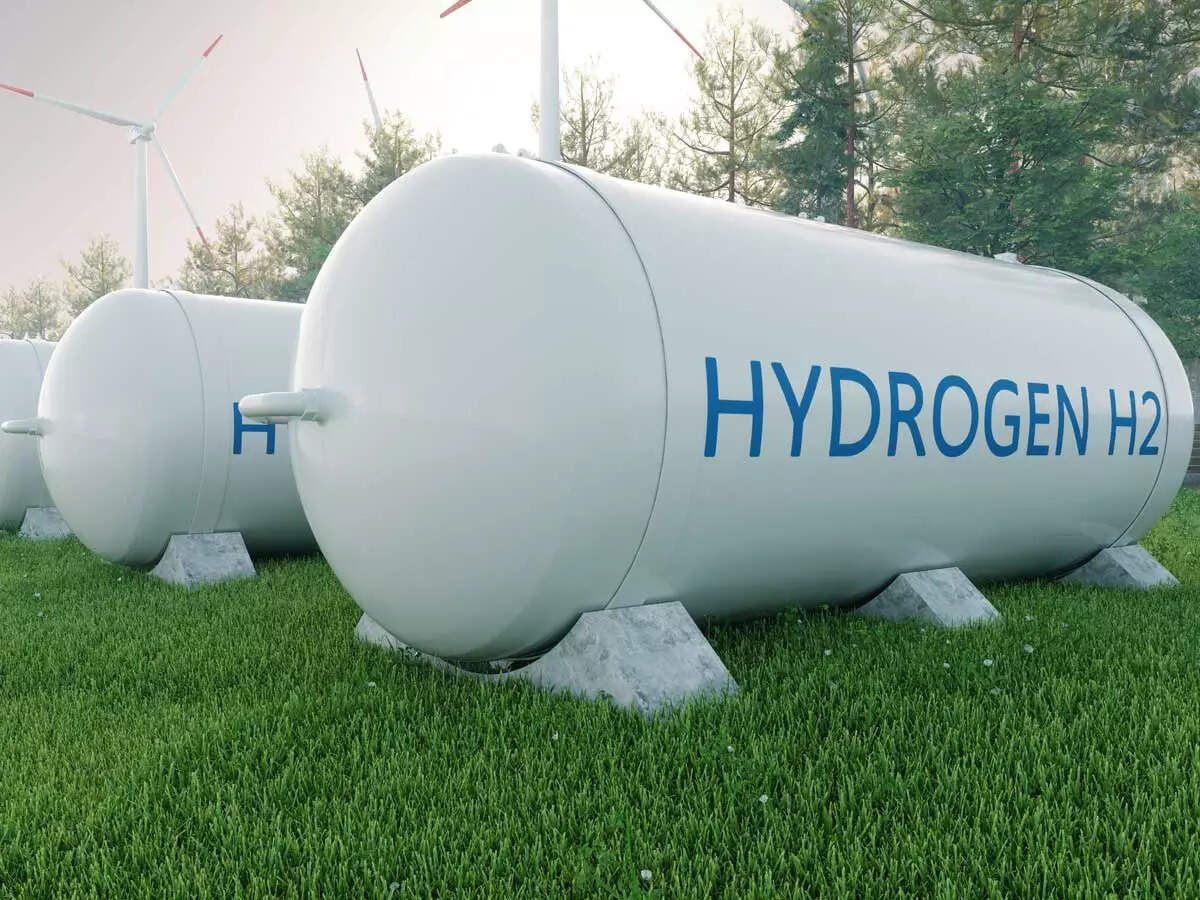
Ceres Power Holdings, a UK-based developer of clean energy technology, on Tuesday said it has been awarded a further contract for the second phase of its collaboration with Shell to cooperate in the design of a solid-oxide electrolyser module.
According to the official press release, this module will be used in large-scale industrial applications such as synthetic fuels, ammonia and green steel.
“The focus of this contract is to develop a pressurised module design that can be scaled to hundreds of megawatts and be integrated with industrial plants to produce sustainable future fuels,” said the release.
It added that Ceres has been working with Shell since 2022, leading to the deployment of a one-megawatt SOEC system at Shell’s R&D facility in Bangalore, India.
“Our strategic collaboration with Shell continues to provide valuable insights, ensuring Ceres’ SOEC technology is well positioned to meet our partners’ needs for the green hydrogen and synthetic fuels markets,” said Phil Caldwell, Chief Executive, Ceres.
The company added that the programme will use key learnings and data being harvested from the existing one-megawatt demonstration project to develop a commercially competitive and scalable solution.
“Key to this is the significant efficiency gains offered by SOEC technology, which results in about 35% more hydrogen produced per unit of electrical energy when coupled with heat from industrial processes,” it added.
It said that the project will examine pressurised systems that can drive further efficiency, performance, and integration with other processes, targeting a module level efficiency of less than 36kWh/kg of hydrogen, which aligns to EU SOE 2030 technology targets.

